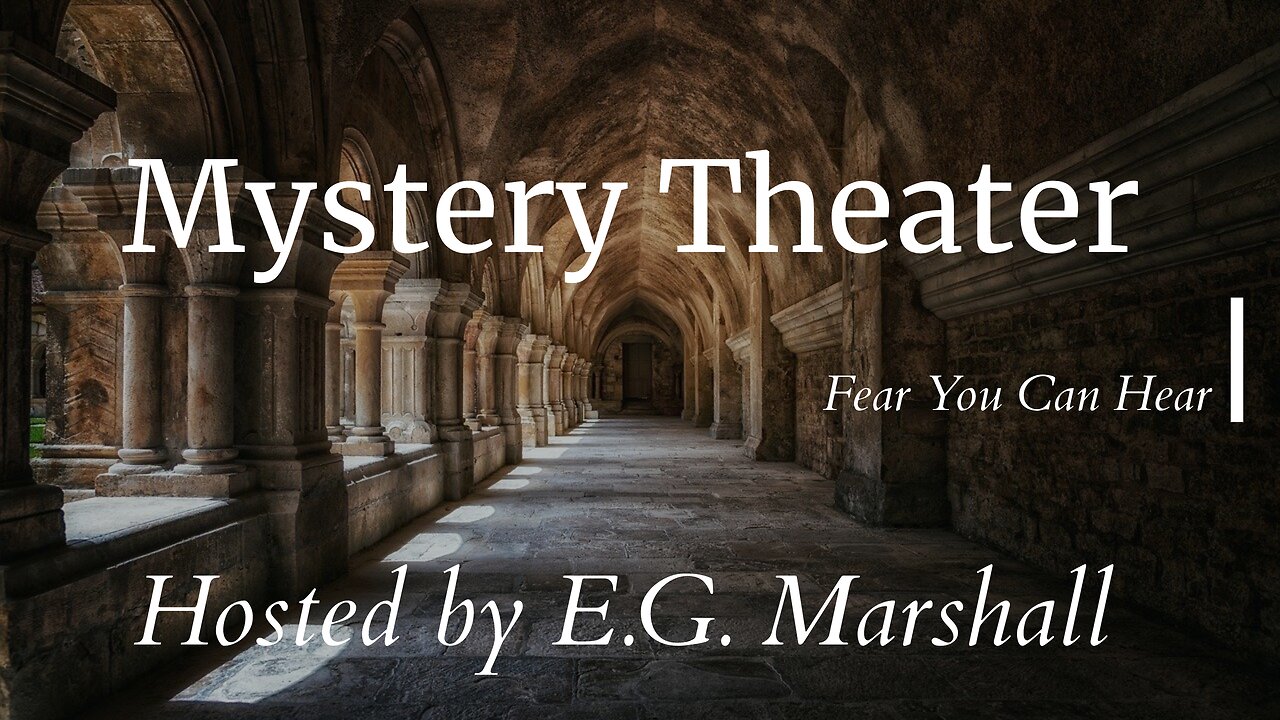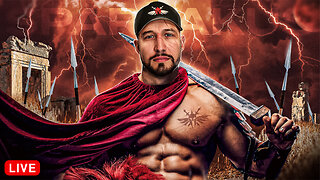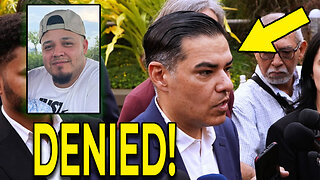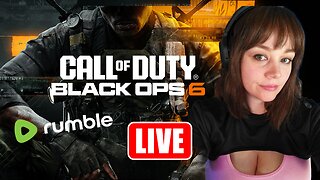Premium Only Content

CBS Mystery Theater - ep030 Here Goes the Bride
CBS Radio Mystery Theater (a.k.a. Radio Mystery Theater and Mystery Theater, sometimes abbreviated as CBSRMT) is a radio drama series created by Himan Brown that was broadcast on CBS Radio Network affiliates from 1974 to 1982, and later in the early 2000s was repeated by the NPR satellite feed.
The format was similar to that of classic old time radio shows like The Mysterious Traveler and The Whistler, in that the episodes were introduced by host E. G. Marshall who provided pithy wisdom and commentary throughout. Unlike the hosts of those earlier programs, Marshall is fully mortal, merely someone whose heightened insight and erudition plunge the listener into the world of the macabre.
As with Himan Brown's prior Inner Sanctum Mysteries, each episode of CBS Radio Mystery Theater opened and closed with the ominous sound of a creaking door. This sound effect is accompanied by Marshall's greeting, "Come in!… Welcome. I'm E. G. Marshall." At each show's conclusion, the door swings shut, and Marshall signs off with: "Until next time, pleasant… dreams?" This is followed by an extended variation of the show's theme music.
CBSRMT was broadcast each weeknight, at first with a new program each night. Later in the run, three or four episodes were new originals each week, and the remainder repeats. There were 1,399 original episodes. The total number of broadcasts, including repeats, was 2,969. Each episode was allotted a full hour of airtime, but after commercials and newscasts, each episode typically ran for around 45 minutes.
Hosts
E. G. Marshall hosted the program from January 1974 until February 1, 1982, when actress Tammy Grimes took over for the series' final season, maintaining the format. Himan Brown re-recorded E.G. Marshall's original host segments for NPR's broadcast of the show in the 2000s.
Music
The series' theme music features three descending notes from double basses, a stopped horn sting and timpani roll, then a low, eerie theme played by the bass clarinet. The opening and closing themes for CBSRMT are excerpted from the music from the score for Twilight Zone episode "Two", composed by Nathan Van Cleave. Series listeners will immediately recognize the "RMT Theme" beginning about 1:35 on the "Two" soundtrack selection from the Twilight Zone CD boxed set. Other background tracks from the Twilight Zone music library, to which CBS owned full rights, were featured repeatedly in episodes of CBSRMT. The theme song and the other music was also previously used in the 1950s and 1960s in other CBS-owned radio and television dramas (Perry Mason; Rawhide; The Fugitive; Gunsmoke; Have Gun Will Travel; Suspense; Yours Truly, Johnny Dollar; etc.), in addition to Twilight Zone, as it was all owned by CBS.
Scope
Despite the show's title, Brown expanded its scope beyond mysteries to include horror, science fiction, historical drama, westerns and comedy, along with seasonal dramas at Christmas: A Christmas Carol, starring host Marshall as Scrooge, aired every Christmas Eve except 1974 and 1982.
In addition to original stories, there were adaptations of classic tales by such writers as O. Henry, Ambrose Bierce, Algernon Blackwood, Wilkie Collins, Arthur Conan Doyle, Charles Dickens, H. Rider Haggard, Henry James, Guy de Maupassant, Edith Wharton, Oscar Wilde and others. Brown typically devoted the first full week of each January to a five- or seven-part series on a common theme. These included a full week of stories by an American writer, (Edgar Allan Poe in 1975, Mark Twain in 1976); week-long adaptations of classic novels (The Last Days of Pompeii in 1980, Les Misérables in 1982); and original dramas about historical figures (Nefertiti in 1979, Alexander the Great in 1981). The works of Russian writers, including Gogol, Dostoevsky and Tolstoy, were also adapted.
Radio historian John Dunning argued the CBSRMT scripts varied widely in quality and concept. Many of the hour-long scripts were padded with filler, Dunning suggested, and could have been worked better as 30-minute programs, while other episodes suffered due to having been scripted by writers unfamiliar with the unique needs of radio drama.
-
 LIVE
LIVE
SpartakusLIVE
5 hours agoNEW Update, NEW Weapons, NEW META?!? || Quads in VERDANSK
281 watching -
 LIVE
LIVE
Jokeuhl Gaming and Chat
2 hours agoEmpyrion - Galactic Survival Long Range Jump Aquired
34 watching -
 4:42:30
4:42:30
Right Side Broadcasting Network
1 day agoLIVE REPLAY: President Trump Gives Commencement Address at University of Alabama - 5/1/25
122K18 -
 16:58
16:58
T-SPLY
8 hours agoDems’ Bad News: El Salvador Rejects Abrego, Democrats Fume!
51.1K45 -
 18:56
18:56
Nick Shirley
4 hours ago $1.22 earnedAsking People About Trump’s First 100 Days… How are Americans Feeling?
7.02K15 -
 LIVE
LIVE
NellieBean
2 hours ago🔴 LIVE - COD and Thunder!
81 watching -
 1:46:46
1:46:46
megimu32
3 hours agoON THE SUBJECT: Gaming, Beats & Rumble MUSIC with Lumpypotatox2 🎮🎶
15.7K6 -
 9:50
9:50
Melonie Mac
6 hours agoXbox raised their prices
7.42K25 -
 LIVE
LIVE
BlackDiamondGunsandGear
1 hour agoEDC for 2025 (Probably not a SIG)
81 watching -
 LIVE
LIVE
DLDAfterDark
1 hour agoDLD Live! Beat Rifle & Pistol Combo for 2025!
126 watching